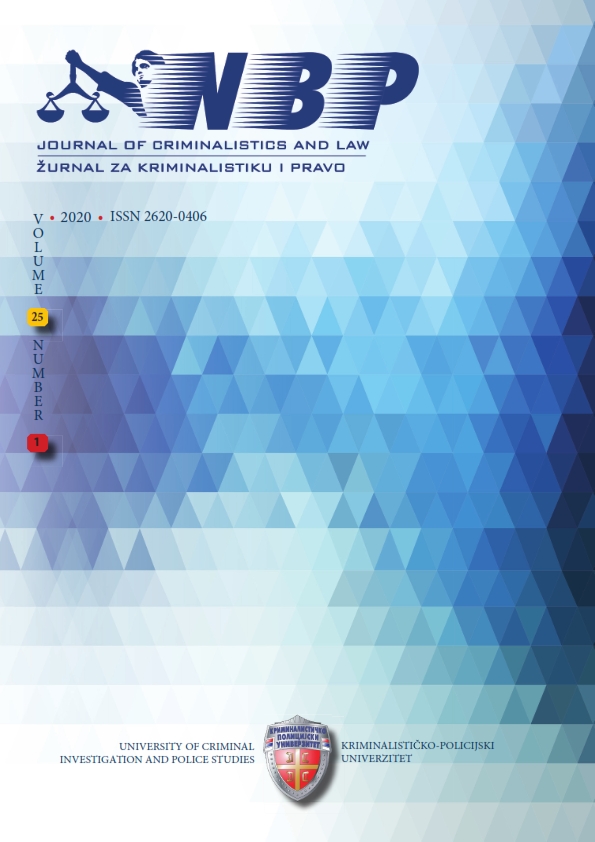A Contribution to Defining of Integrity Testing in Police
A Contribution to Defining of Integrity Testing in Police
Crime-Investigating Aspects
Author(s): Darko Marinković, Tanja KesićSubject(s): Law, Constitution, Jurisprudence, Corruption - Transparency - Anti-Corruption
Published by: Kriminalističko-policijski univerzitet
Keywords: corruption; police; integrity testing; simulated investigating activities; targeted testing; random integrity test; provocation to commit crime
Summary/Abstract: The shortcomings of reactive approach to suppression of corruption in police, as well as in other spheres of so-called consensual and "victimless crime" required introduction of proactive investigations and relying on covert methods of work. New crime-investigating strategy relies largely on building of professional integrity, as well as its testing, including integrity testing. This is a specific mode of simulated investigating methods which should show if the police officers in certain simulated situations are corrupt or prone to commission of other crimes, misusing their position and status. Although hypothetically any member of the police can be tested, the tendency is to do targeted testing, in other words to test those who are suspected of being criminalized. Considering that integrity testing is essentialy simulated deal/activity, in which the subject is put into a simulated environment in order to see if he will commit an indictable act, it is important in its implementation to take care of encouraging, or acting in the role of agent provocateur.
Journal: NBP – Nauka, bezbednost, policija
- Issue Year: 25/2020
- Issue No: 1
- Page Range: 15-30
- Page Count: 16
- Language: English

